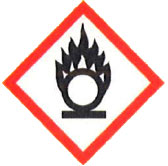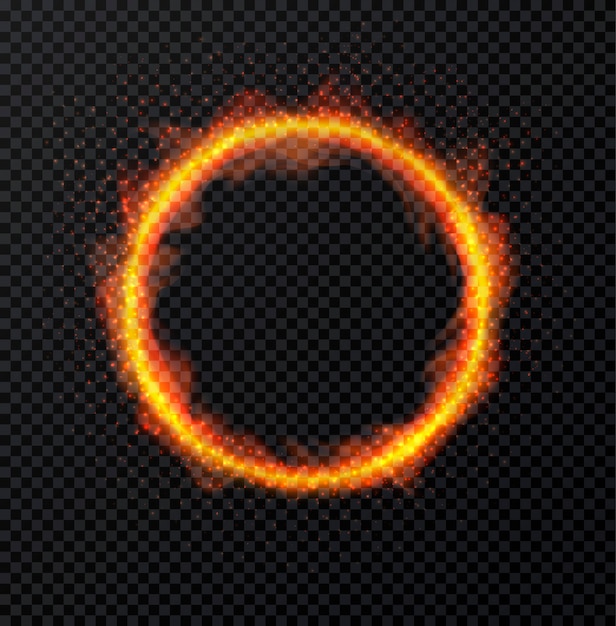

Pyrophorics–in small amounts, may ignite within 5 minutes after contact with air,.


Respiratory sensitizer–may cause respiratory irritation.This pictogram is put on a chemical label when a substance presents these health hazards: Here’s a handy training cheat sheet to use at your facility. The pictogram on the label is determined by the chemical hazard classification. Each pictogram consists of a symbol on a white background framed within a red border and represents a distinct hazard(s). Health Hazard: A cancer-causing agent (carcinogen) or substance with respiratory, reproductive or organ toxicity that causes damage over time (a chronic, or long-term, health hazard).The Hazard Communication Standard (HCS) requires pictograms on labels to alert users of the chemical hazards to which they may be exposed. In addition to pictograms, labels are required to include a signal word (“danger” or “warning”), a brief hazard statement and a precautionary statement outlining ways to prevent exposure. Use of eight of the nine are mandatory in the U.S., the exception being the environmental pictogram (see below).Įach pictogram covers a specific type of hazard and is designed to be immediately recognizable to anyone handling hazardous material. The GHS system, part of OSHA's Hazard Communication Standard (HCS), consists of nine symbols, or pictograms, providing recognition of the hazards associated with certain substances. Hazard symbols have come a long way from the rudimentary drawings used to designate poison in the early 1800s.Īs a result of updated OSHA chemical labeling requirements, 2016 marks the first full year of adoption of the Globally Harmonized System of Classification and Labeling of Chemicals (GHS) in the U.S.


 0 kommentar(er)
0 kommentar(er)
